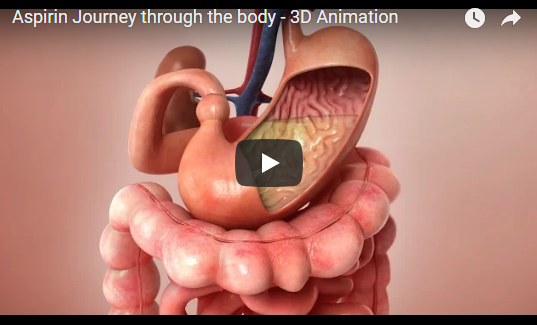
by msander | May 7, 2018 | Gr 9-10 Science, Gr. 11-12 Biology, Gr. 11-12 Chemistry
This fascinating video shows the breakdown and absorption of...
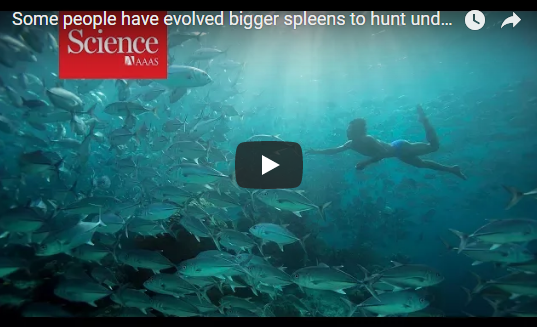
by msander | Apr 30, 2018 | Gr 7-8 Science & Tech, Gr 9-10 Science, Gr. 11-12 Biology
Researchers have found that Indonesia’s Bajau people, who for generations have spent the majority of their days diving and hunting underwater, also have genetic adaptations for their unusual lifestyle. Read more: http://www.sciencemag.org/news/2018/0… Read the...
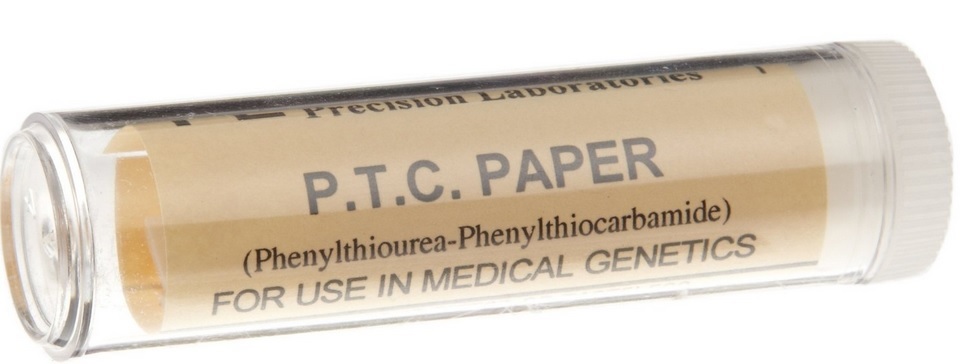
by msander | Apr 26, 2018 | Gr. 11-12 Biology
Different alleles produce variation in inherited characteristics such as hair colour or blood type. In an individual, one form of the allele (the dominant form) may be expressed more than another form (the recessive form). In this activity test the allele frequency of...
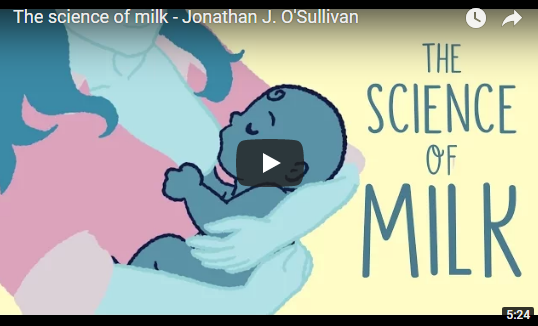
by msander | Apr 22, 2018 | Gr 4-6 Science & Tech, Gr 7-8 Science & Tech, Gr 9-10 Science, Gr. 11-12 Biology
The milk industry produces in excess of 840 million tons of products each year. Why do humans drink so much milk? And given that all mammals lactate, why do we favor certain types of milk over others? Jonathan J. O’Sullivan describes how milk is made. Lesson by...
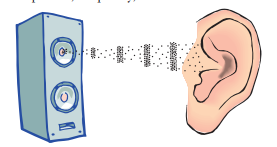
by msander | Apr 9, 2018 | Gr 7-8 Science & Tech, Gr 9-10 Science, Gr. 11-12 Biology
Humans are born with five basic senses—hearing, sight, smell, taste and touch. In this activity, students perform tests to determine the acuity of each of these senses. Click here to download the activity.. Website: https://www.flinnsci.ca/ Facebook:...
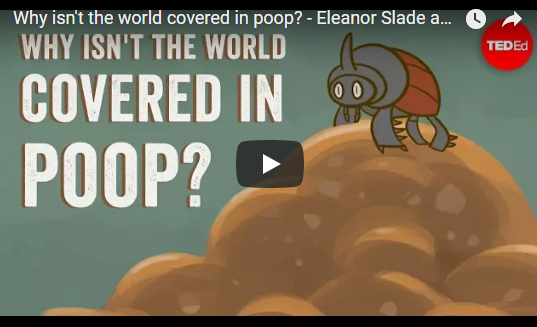
by msander | Apr 5, 2018 | Gr 4-6 Science & Tech, Gr 7-8 Science & Tech, Gr 9-10 Science, Gr. 11-12 Biology
Each day, the animal kingdom produces roughly enough poop to match the volume of water pouring over Victoria Falls. So why isn’t the planet covered in the stuff? You can thank the humble dung beetle for eating up the excess. Eleanor Slade and Paul Manning explain how...








Recent Comments